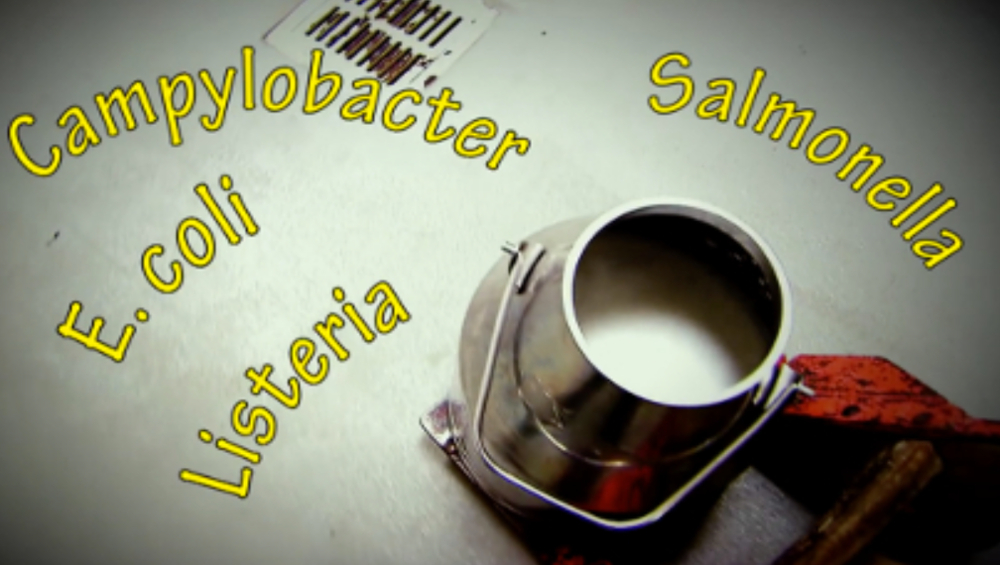It is now legal to sell unpasteurized, raw milk directly to consumers in North Dakota.
The state Legislature approved a measure this year making the sales possible, but it specifically bans the sale of unpasteurized, raw milk to wholesalers or retailers. The new law also reinforces the federal ban on the interstate sale of raw milk.
The law also makes it illegal to donate raw milk.
The sale of raw milk products such as cream, cheese or yogurt remains illegal.
Raw milk producers selling direct to consumers are exempted from other dairy, food handling or consumer protection laws.
Public health officials across the nation and most state health and agriculture departments advise that raw milk is dangerous because without pasteurization to kill bacteria and viruses it can cause severe illness. Pathogens often found in raw milk include E. coli, Salmonella and campylobacter.
The sale of raw milk under the new law does not give any liability protections if someone consumes it and becomes ill. Anyone harmed by consuming foods with microbial pathogens may have the option to take legal action to claim monetary damages for their injuries or wrongful death.
Sellers of raw milk should contact an insurance agent and legal counsel for more information on liability and liability protection, according to a statement from the state.
Raw milk has many advocates and consumers, despite the known food safety risks. The North Dakota Department of Agriculture is exempted from, and does not provide, any regulatory oversight of a raw milk facility, and does not provide any assurances for milk safety of a raw milk producer selling to the end consumer.
The state has posted a cautionary statement for consumers. “The Food and Drug Administration has posted many resources for individuals, providing factual information about raw milk and misconceptions about its purported benefits: https://www.fda.gov/food/buy-store-serve-safe-food/raw-milk-misconceptions-and-danger-raw-milk-consumption
“Pasteurized milk is a proven safe product that provides the essential nutrients of a healthy diet, without the risks associated with raw milk,” according to the statement.
The state of North Dakota has published information for raw milk sellers that includes:
- Milk is produced on dairy farms, an environment that naturally contains a plethora of microorganisms, including yeasts, molds, viruses and bacteria.
- Healthy animals can carry disease-causing germs such as e. coli O157:H7, campylobacter jejuni, and pathogenic serotypes of salmonella.
- People have also contracted tuberculosis, undulant fever and Q fever from consuming raw milk.
(To sign up for a free subscription to Food Safety News,click here)

